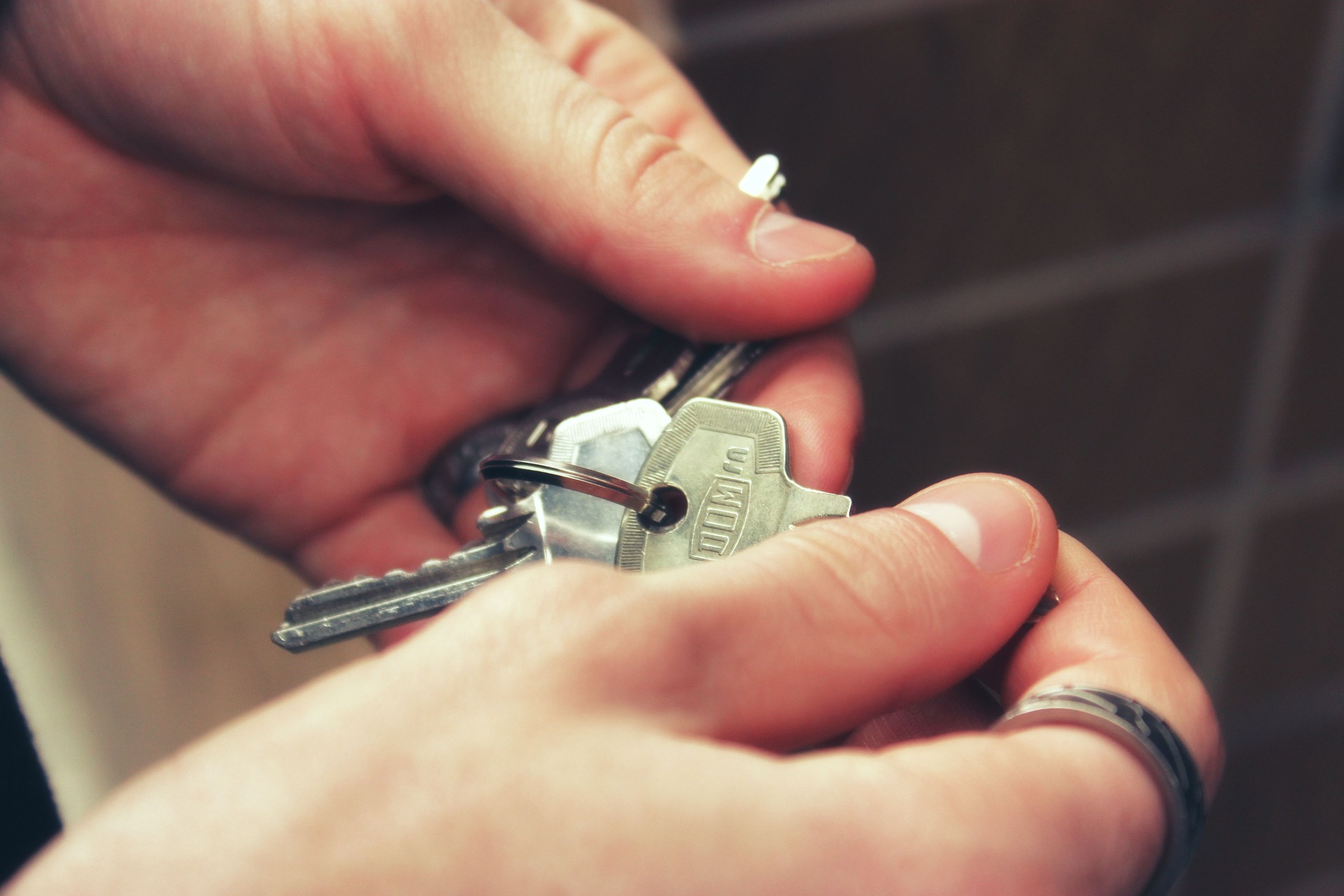Due to the ongoing COVID-19 pandemic, the B.C. Government has opted to make a number of adjustments to its supports for landlords and tenants.
The Province said that it will extend its temporary rental supplement (TRS) until the end of August. As well, it will maintain its ban on evictions for non-payment of rent, while allowing other notices to end tenancy to resume.
“COVID-19 has touched all aspects of our lives and our economy. While we are seeing good success at limiting the spread of COVID-19 thanks to everyone’s joint efforts, it has been a difficult time for many,” said Selina Robinson, Minister of Municipal Affairs and Housing. “Recognizing the financial challenges faced by many people, our government is extending the TRS and maintaining the rent freeze and the ban on evictions for non-payment of rent. We’re continuing to protect renters as we also ensure landlords are receiving some income during this time.”
Those that have already been approved for the TRS do not have to reapply, but they will receive an email asking if they plan to live at the same address for July and August.
The B.C. Government is accepting new applications for the TRS until August 31st, which will be eligible for the moth the application is received and all subsequent months.
The Province said that it has also chosen to adjust the terms of eviction. Landlords have been barred from evicting renters for non-payment of rent since March 30th, and that ban will remain in place. However, evictions for other reasons will be permitted later on in June.
“As we move forward with carefully restarting the economy and look to a new normal, we are taking a similarly phased approach to rental housing,” Robinson said. “We’re recognizing that there are situations where it is safe and reasonable to return to normal processes, but we’re also continuing to protect people who have lost income because of the pandemic from losing their homes.”
According to the Provincial Government, landlords will be able to issue notices of eviction for reasons including landlord/purchaser use, when a new owner of a home wants to move in, for example, and for cause, such as tenants putting the landlord or others at risk, or has sublet the property without permission. Depending on the type of eviction, it will require a one to four month notice period.
“When the new order comes in later this month, landlords will also be allowed to access units for activities such as repairs, maintenance and showing of the unit, following the standard notice period. Landlords and tenants are expected to maintain physical distancing at all times and wear appropriate personal protective equipment, including masks. Landlords will continue to be able to set restrictions on shared spaces to ensure physical distancing, such as limiting the number of people in elevators and laundry rooms, and in places where adequate cleaning cannot be maintained, such as gyms,” said the B.C. Government.
When the Province eventually lifts the moratorium on non-payment of rent evictions, it said it plans to give people advance notice. It added that a framework will be put in place to allow for tenants and landlords to negotiate a reasonable period of time to pay rent that is owing, as renters will be responsible for outstanding payments once the ban is lifted.




